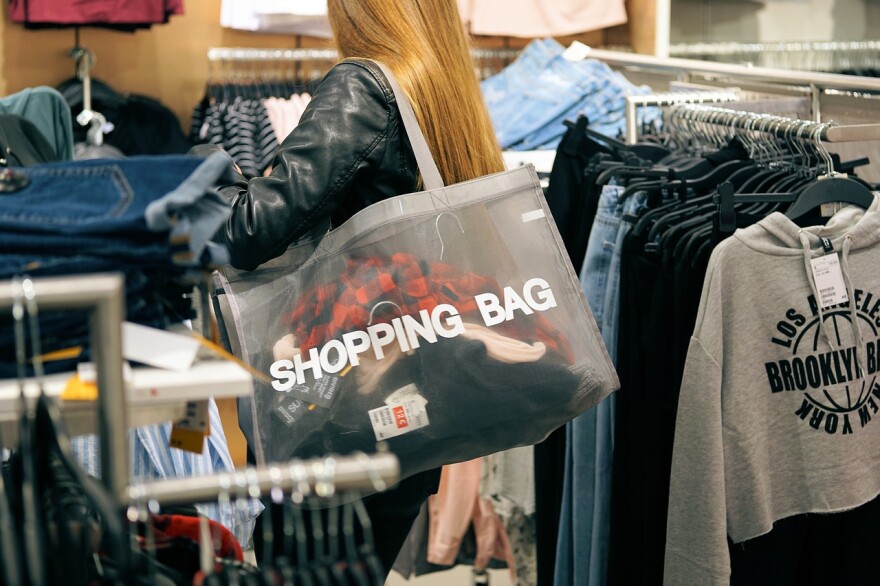That shirt you received. That book you already read. Stores are waiting for you today and hoping you will buy more on Boxing Day.
University at Buffalo Management School Associate Professor Charles Lindsey said there are a lot of theories as to where the name Boxing Day comes from. It may have been after the day British gave their servants Christmas presents after serving the family on Christmas Day. It may have been that poor people received a box of food or presents on the day after Christmas.
For most, it is the day to return ill-fitting clothes, a book you didn't want anyway, or a chance to to see what bargains have been discounted in stores as the new year approaches.
Lindsey calls it a day for stores to clean off the shelves.
"As the day where department stores and other businesses start to discount merchandise," Lindsey said. "And where you can go to a store and perhaps start to see fairly dramatic discounts on merchandise."
Lindsey said another thing that is different from the pre-Christmas rush is this is mostly a brick-and-mortar store shopper assault, rather than just sitting comfortably at a computer. He said there are also advanced inventory systems that allow stores to decide exactly what they need to sell to avoid getting stuck with Christmas items.
"Firms try to reduce their stock of merchandise that, for whatever reason, didn't sell very well," he said. "But, yes, more traditionally, we think of these sales and dramatic discounts and getting rid of, perhaps, merchandise and Christmas-related seasonal merchandise that retailers still have."
Gallup reported U.S. adults estimate they would spend approximately $885 on gifts this year, slightly lower than 2017's expectations.



